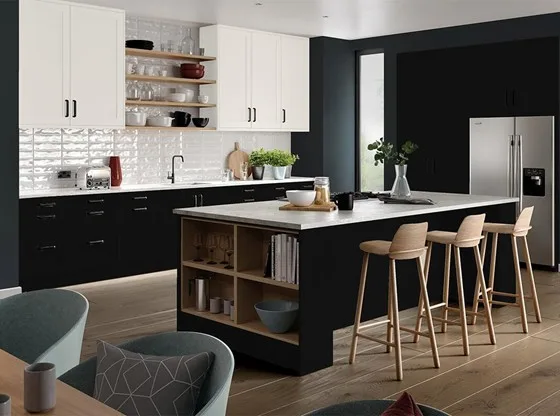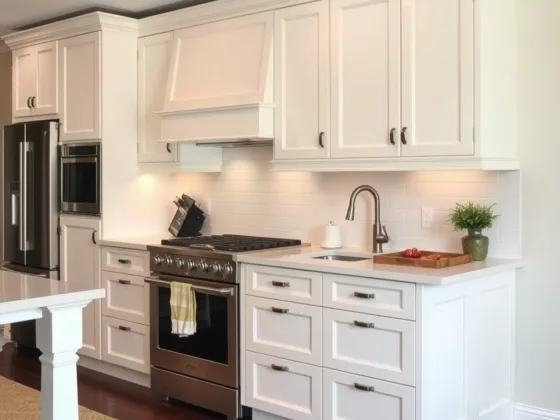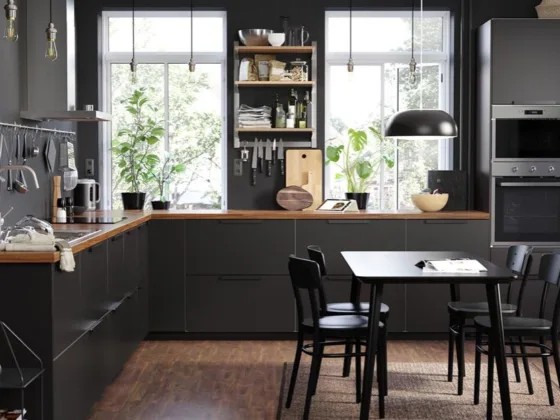Table of Contents Show
You need your kitchen appliances. Without your fridge, stove, and oven, your home would hardly be fit to live in, and you probably rely on your dishwasher and microwave more than you might care to admit.
However, when was the last time you showed your kitchen appliances the appropriate TLC?
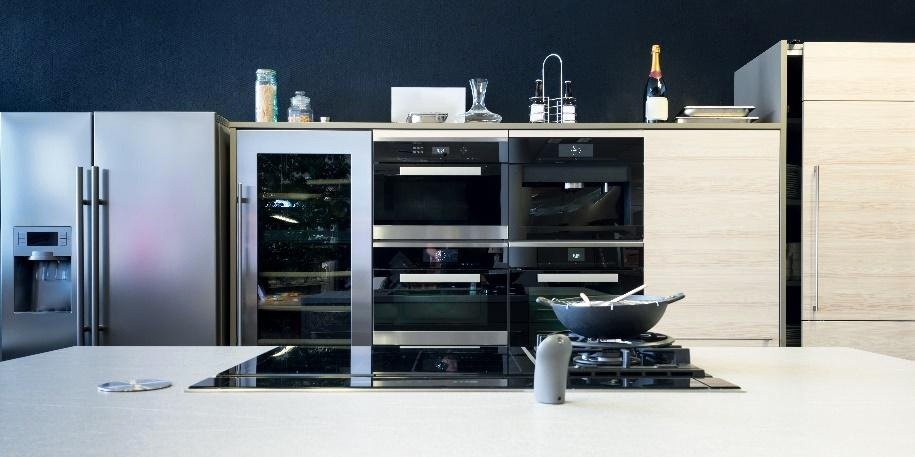
How to Keep Your Kitchen Appliances Going and Glowing
All of the appliances in your home require regular maintenance to function efficiently in the long term. Fortunately, performing regular maintenance on your appliances will also keep them looking and sounding new, making your kitchen as beautiful as ever.
Here are a handful of critical tasks you should schedule to ensure your appliances live long, attractive lives.
Read Also:
Acquire a Home Warranty
If you live in an older home, you need to have a home warranty covering your appliances and other systems in your home. Unlike homeowner’s insurance, home warranties provide coverage against typical wear and tear.
So, if your home floods during a hurricane and your appliances stop working, you should contact your home insurance, but if your fridge goes out for seemingly no reason, you call your home warranty provider.
You shouldn’t automatically sign up for the first home warranty you find. Different providers offer different levels of service, covering different elements of your home at different rates.
Thus, you should consider the best home warranty reviews to determine what other homeowners think about various policies before you make your final decision.
Check Oven, Fridge and Freezer Seals
Around the doors of your oven, fridge and freezer are rubber seals that keep the hot and cold air inside without affecting (too much) the temperature of your home. Over time, these seals will dry out, come loose or otherwise stop functioning as they should.
Here’s a test: Close your appliance door on a piece of paper. If you can slide the paper up and down without opening the door, you need to replace your seals.
Clean out Kitchen Vents
Your range hood should be carrying away the smoke and smells, but often hoods become clogged with grease, dust and other debris.
Once per year (or more often depending on your cooking habits) you should pull out the metal mesh filter inside the hood and rinse it in hot, soapy water. You should also replace charcoal or paper filters if you find any.
Clean Fridge and Freezer Coils
Every fridge and freezer has condenser coils near the bottom of the unit to create cold air. Unfortunately, these coils attract dirt and grime like magnets, and when they get dirty, they function less efficiently, causing your fridge to work harder for less effect.
You can find the coils on your fridge and freezer either on the back of the unit or behind a kickplate on the front. You can use a vacuum to suck most of the big stuff away and a coil-cleaning tool to grab all the finer stuff.
Clean Dishwasher Drain and Stove Spills
Food waste is icky, so many homeowners choose to leave food spills where they lie – especially if it is somewhat difficult to reach them. However, allowing food to remain in the bottom of the dishwasher or smeared across your range is a bad idea for several reasons.
First, the food will start to stink, meaning your shiny, clean dishes and freshly cooked meals won’t be so appetizing.
Secondly, that food can cause blockages that prevent your appliances from functioning – and even cause damage like fires or floods. The best solution is to clean up food spills as soon as you spot them, regardless of how gross it looks or feels.
Calibrate Oven Temp
Have you ever noticed that when you bake or roast, your food doesn’t ever cook in the correct amount of time? This is likely because your oven is heating up to the wrong temperature because it is improperly calibrated.
To test this, you can buy a cheap oven thermometer from your local grocery store, place it inside your oven and set your oven to any temperature, say 400 degrees Fahrenheit.
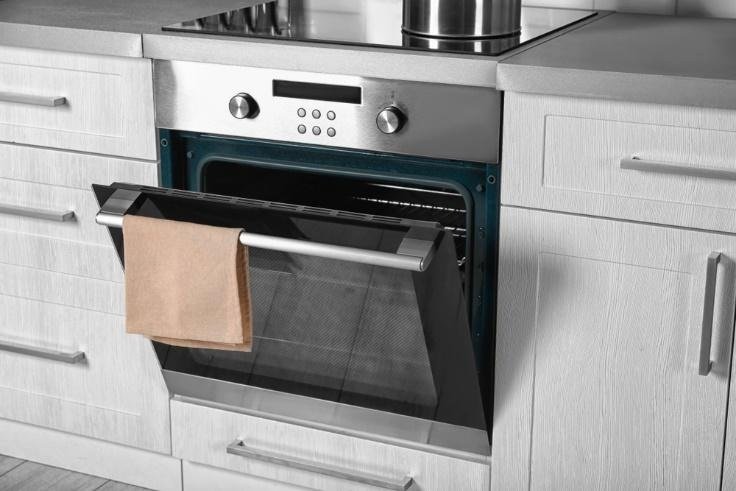
If the oven thermometer doesn’t read 400 degrees, you need to re-calibrate. You should be able to find directions for calibration in your appliance manual or else online, using your oven’s model number in your search.
If you want your appliances to work properly when you need them, you have to care for them appropriately. These small chores cost almost nothing but ensure that your appliances will function as long as you need them to – and likely longer than that.







